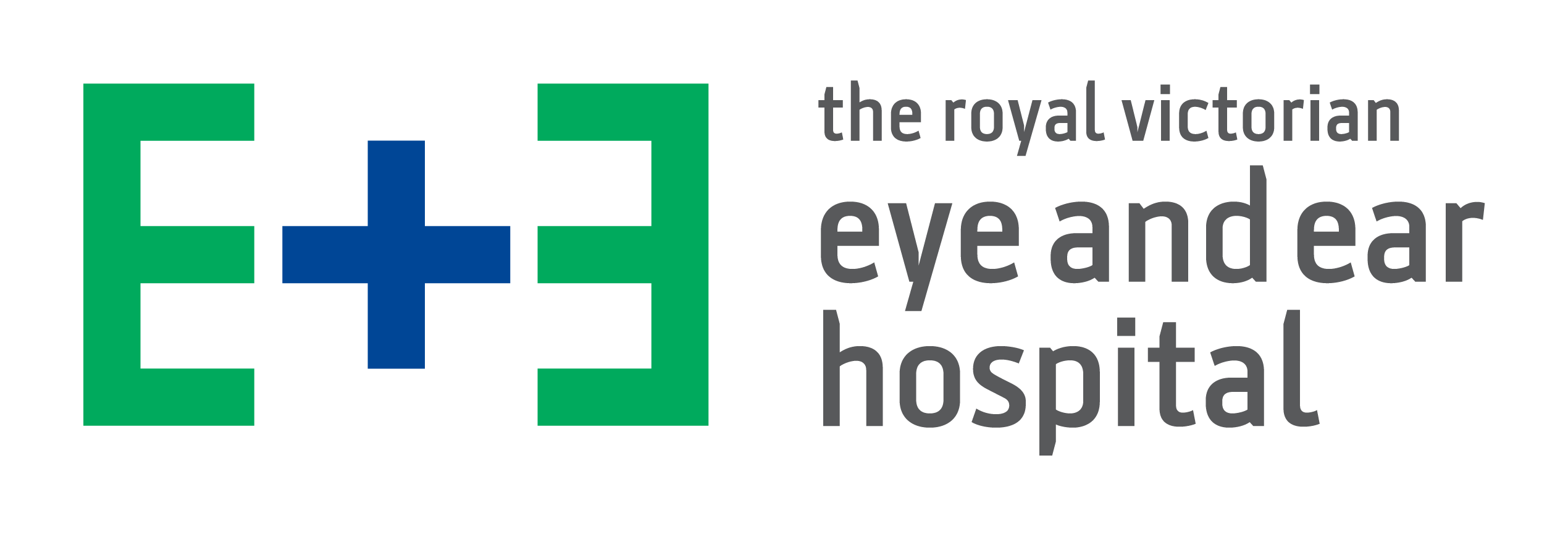What is acoustic shock?
Acoustic shock (AS) is a psychological shock response from exposure to a sudden, brief and unexpected loud sound. The sound is usually high pitched, such as microphone feedback, screeches, shrieks, alarm signals, fax tones, whistles, and public address system squeals; however AS can occur after any type of sound.
Symptoms of acoustic shock
The symptoms of acoustic shock can be either immediate or delayed, and can vary between individuals. Exposure to an unexpected loud noise is often traumatic and stressful. Symptoms of AS include:
- Pain in or around the ear, which can include a feeling of numbness, tingling or a burning sensation, in addition to pain.
- A startle reaction (cause to feel sudden shock or alarm), which usually occurs immediately after exposure to a sudden, loud sound.
- Neck and shoulder pain or headaches.
- A change in hearing. Hearing may feel reduced or distorted, however there is no characteristic pattern of hearing loss (as recorded on a hearing test).
- A blocked or full feeling in the ear (aural fullness).
- Imbalance, dizziness or nausea.
- Tinnitus, which is the awareness of noises in the ears or head.
- Increased sensitivity to sounds. This may include avoidance and/or dislike of loud noises (hyperacusis) or a fear of loud sounds (phonophobia).
- Anxiety and/or depression may occur sometime after the incident. In cases of telephone operators, this may include anxiety about returning to work.
- Longer term effects of acoustic shock may include anger, social isolation, depression and other psychological problems.
These symptoms can reduce over time, or persist indefinitely. The most persistent symptoms tend to be a dislike of loud noises and a blocked feeling in the ear. Acoustic shock is not imagined and symptoms are often misunderstood as they occur involuntarily and cannot be objectively measured.
How does it happen?
It is thought that exposure to a loud sound causes excessive contraction of the middle ear muscles (stapedius and tensor tympani).
The stapedial reflex occurs in response to a loud sound, whereas the tensor tympani response is a startle reflex and protective mechanism. This is known as tonic tensor tympani syndrome, where the tensor tympani muscle is constantly active. There is also a link between emotional state and the contraction of the tensor tympani muscle.
Who is more susceptible to Acoustic Shock?
Call centre staff are often susceptible to acoustic shock, due to the volume of calls they handle throughout a working day and proximity of the headset to the ear, however exposure to a sudden, unexpected loud sound can occur to anyone. Repeated exposure to acoustic shock can lead to more severe symptoms and people who are stressed may also have heightened reactions.
How can it be prevented?
Acoustic shock arises from exposure to an unexpected loud sound. However, call centre workers have increased susceptibility to acoustic shock. Ways to reduce the occurrence of acoustic shock in the workplace include:
- reducing the general noise levels in the workplace
- reducing stress levels in workers
- limiting sound levels; it is generally not possible to limit the volume of the telephone without impacting on quality of the speech signal. Acoustic shock protection devices can provide this function.
What can be done?
After an acoustic shock incident, there may be a dislike or fear of loud sounds, often due to pain or discomfort experienced by the incident. Although this is normal, it is important to reintroduce everyday sounds as soon as possible after the acoustic shock incident. This is known as desensitisation.
If symptoms such as tinnitus persist, it is important to wear hearing protection when in noisy environments, such as working with power tools or being around loud music. This is because tinnitus may be made worse by excessive sounds. It is not necessary to wear hearing protection for everyday activities.
If anxiety or other reactions persist, it may be worthwhile talking to someone about your symptoms. A counsellor or psychologist may be able to talk with you and help identify factors which may be influencing your reactions to loud sounds and develop coping strategies.
DWM Audiology specialise in the counselling and treatment of acoustic shock. They are the only provider of these services in Victoria.
DWM Audiology
74 Mount Street Heidelberg Victoria
Phone: 03 9457 6588
Website: https://www.dwmaudiology.com.au/
(If any other providers specialising in acoustic shock wish to be added to this handout, please call 03 9929 8270).
For current information on Acoustic Shock, please view the fact sheet here.
